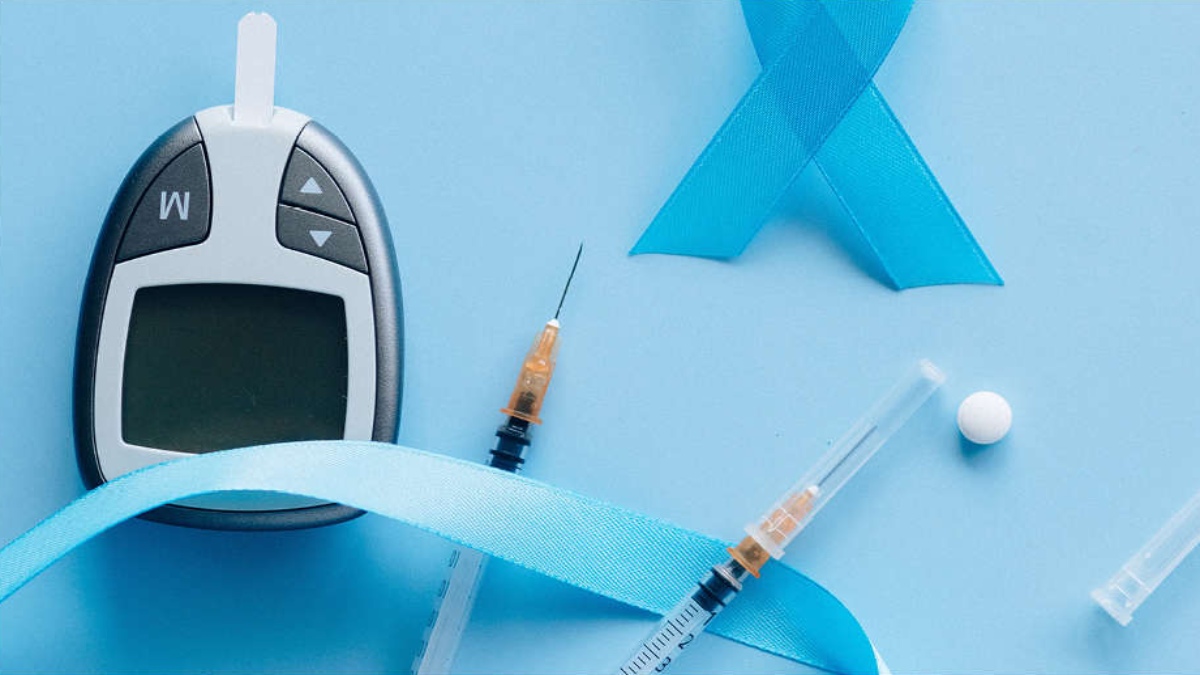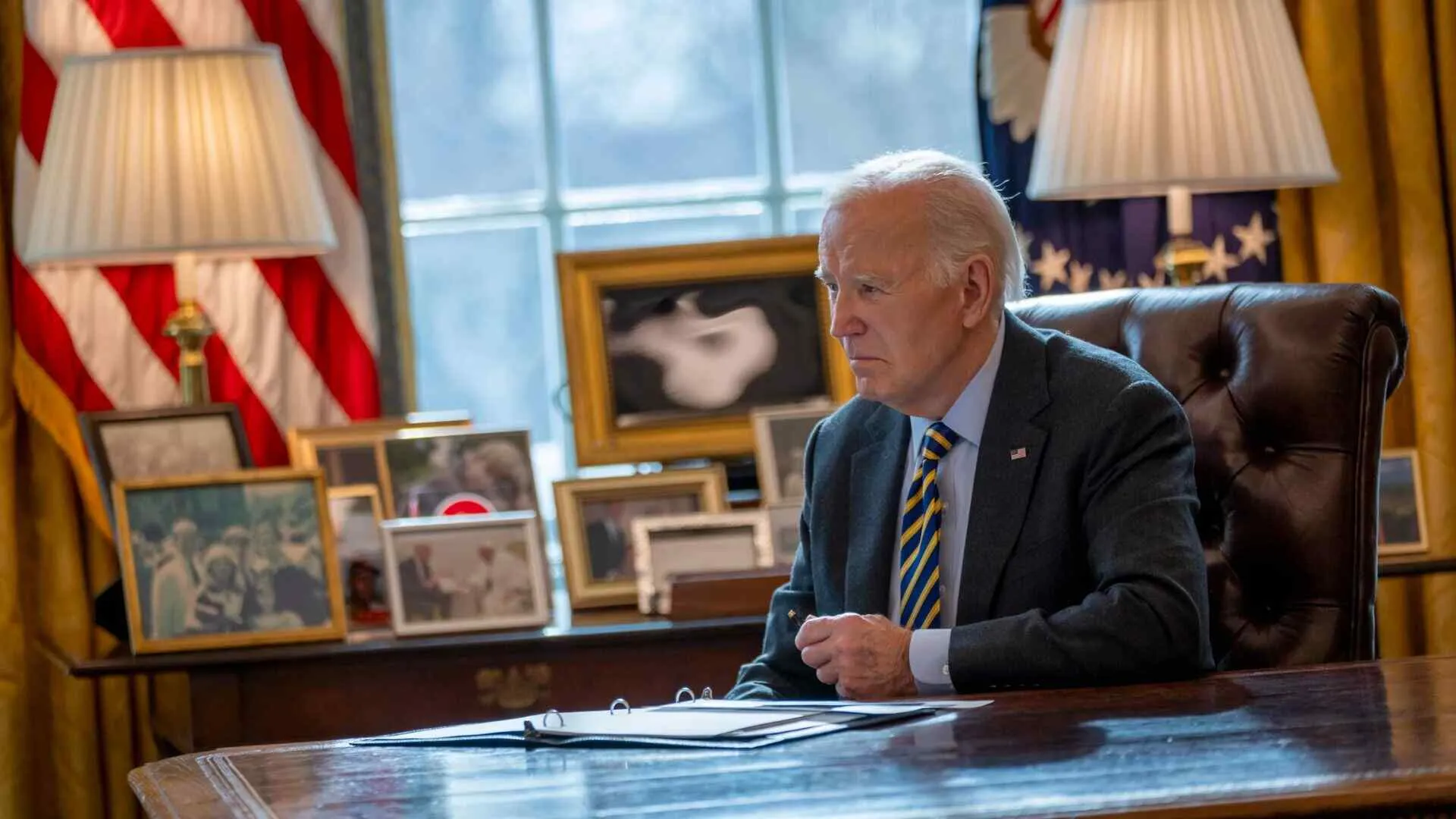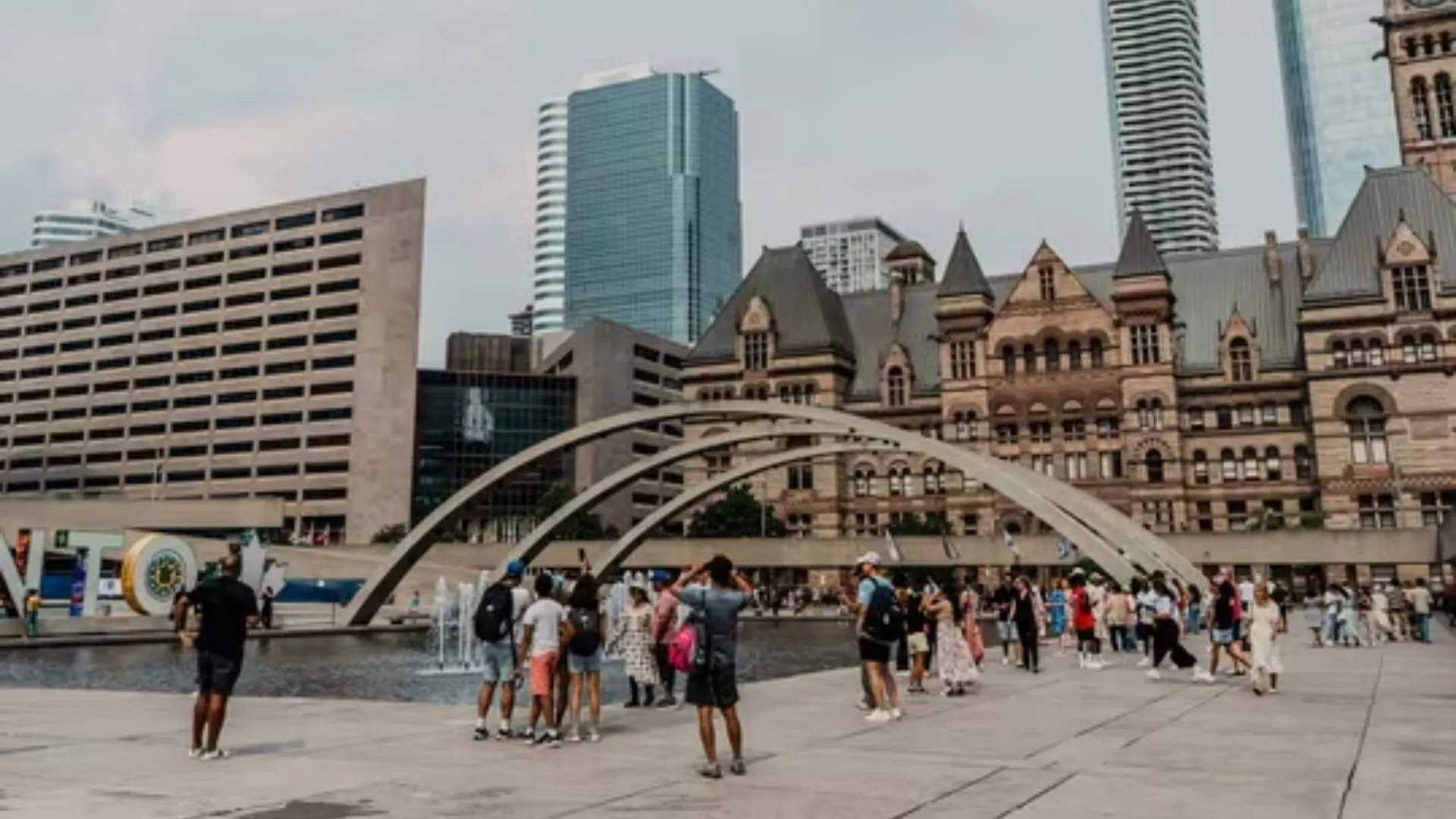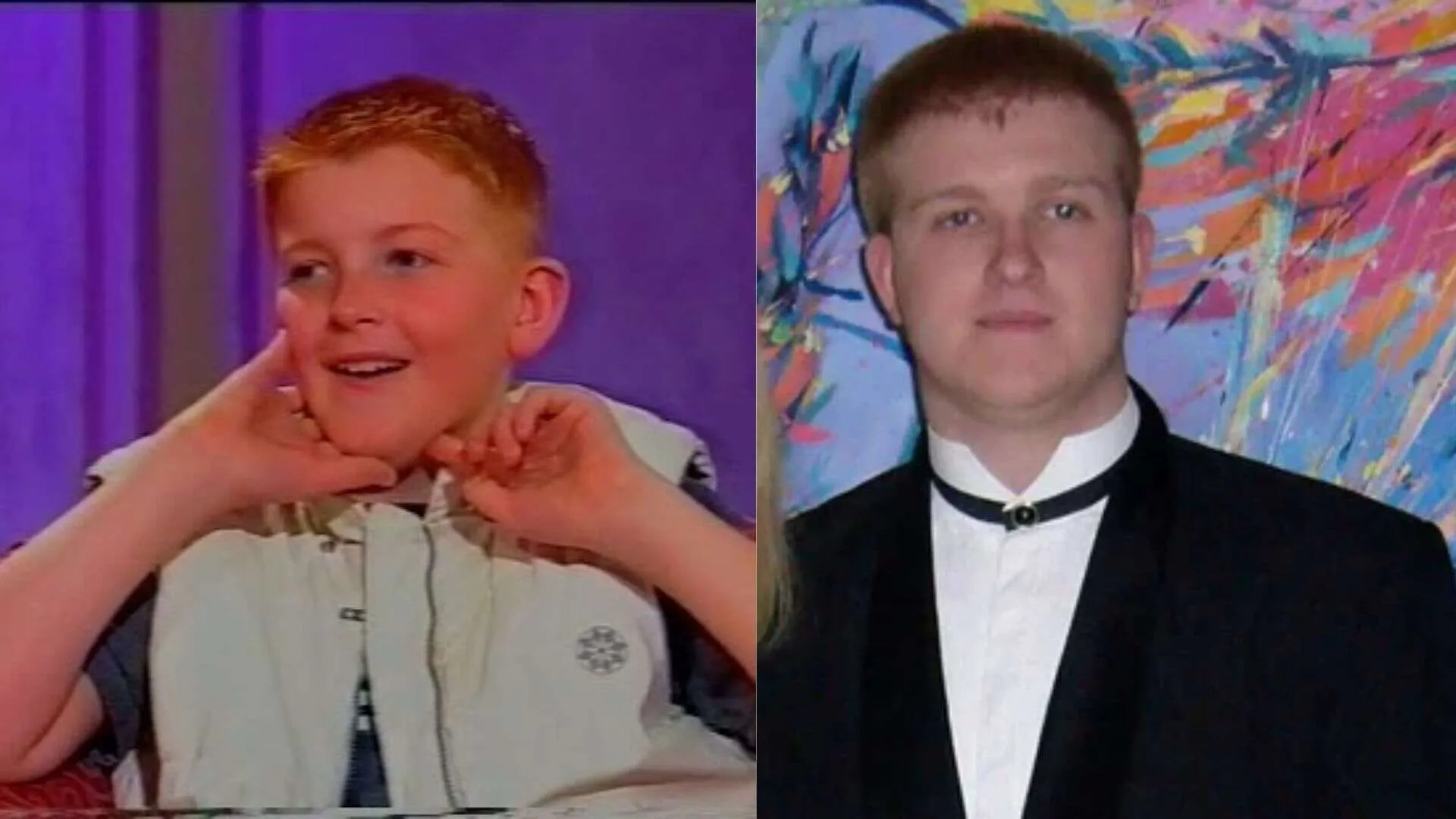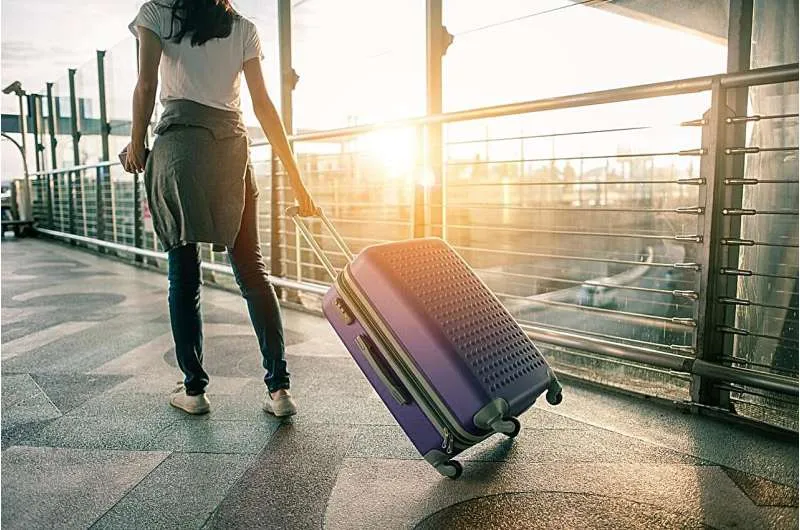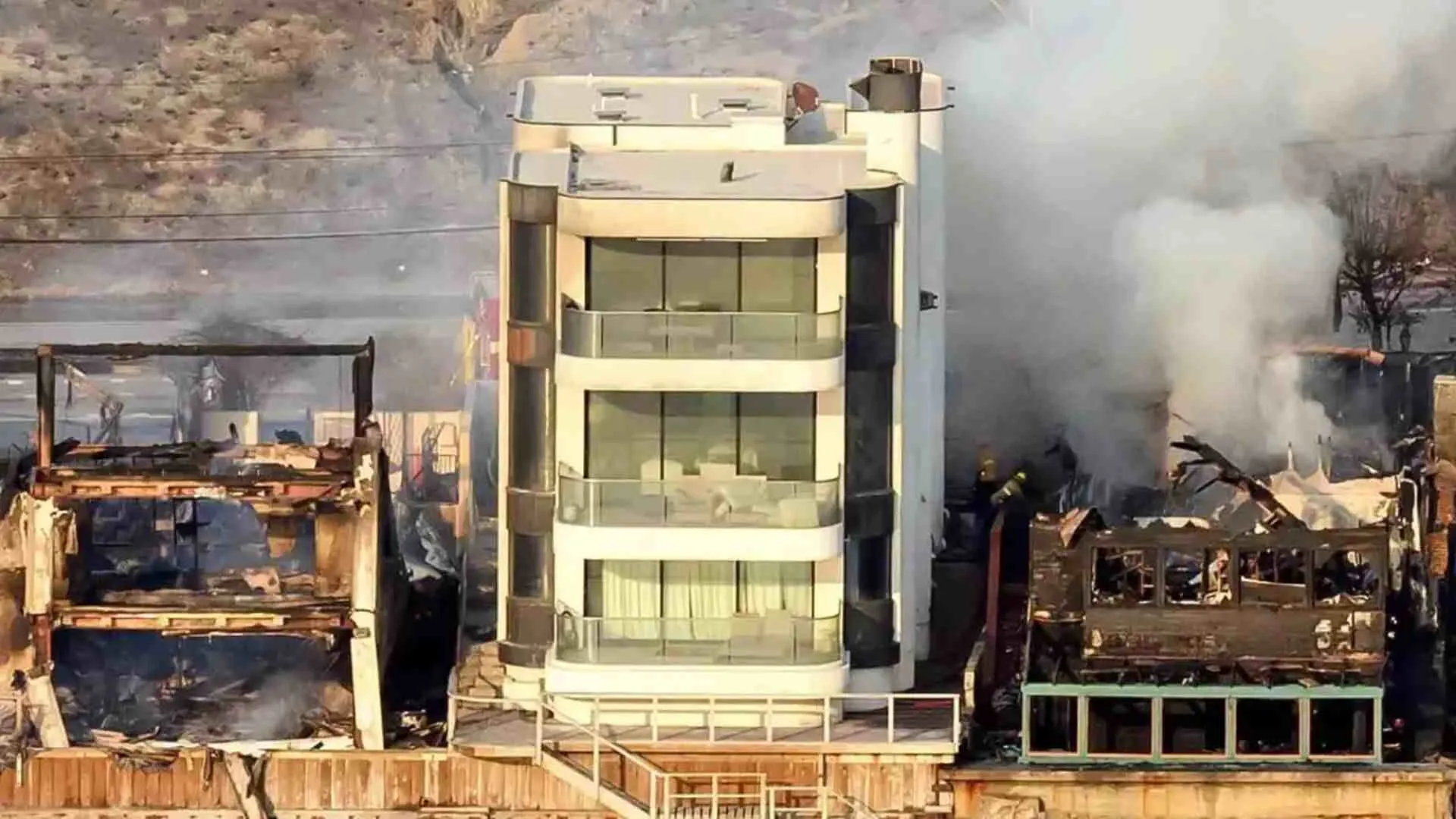When the SARS-CoV-2 pandemic hit the world, it disproportionately affected people with diabetes, exposing them to a high risk for severe illness and mortality. Globally, diabetes was responsible for over 40 lakh deaths in the year 2019.
It was the leading cause of end-stage kidney disease, adult- onset blindness and cardiovascular diseases and premature deaths across the countries.
India is home to the world’s second largest adult diabetes population, and every sixth person with diabetes in the world is an Indian. The past three decades witnessed 150% increase in the number of people with diabetes in the country. The growing prevalence of pre diabetes indicates a further increase in diabetes in the near future. Diabetes in India, has traversed from the high-income to the middle-income and underprivileged sections of our society.
Over 10 lakh children and adolescents in the world have type 1 diabetes and India has the highest number of incident and prevalent cases of type 1 diabetes in the world. Children with type 1 diabetes need support to survive, using insulin and other therapies, and to live their entire life without stigma, restrictions, or disabling complications due to their illness.
Intensive management of all aspects of diabetes, especially glycaemic control, is now the gold standard in type 1 diabetes management. At the same time, there is a significant advancement in technology for diabetes care, including newer insulin analogues, pumps, automated insulin delivery systems, and sensors. Further, a multidisciplinary team of providers is essential for comprehensive diabetes management.
Unfortunately, in India, there is an extreme lack of awareness regarding children having type 1 diabetes, so the scientific protocol for type 1 diabetes management is not maintained and premature deaths of diabetic children occur in India.
Awareness is the only weapon to fight against diabetes.
In the home state of Prime Minister Narendra Modi, i.e., Gujarat, close to his birthplace, Vadnagari, is another town called Visnagar. In a hospital of Visnagar, a conversation was taking place between a poverty-stricken mother and her little daughter. With tear-filled eyes, the mother shared her anxiety with a doctor. The intensity of her sadness can be felt from the fact that she said it must be their countless sins in past lives on account of which she had to administer insulin to her frail, diabetes-stricken 4-year-old daughter, as many as 3–4 times a day. A heart wrenching experience. Yet, stopping her emotional mother mid-sentence, the little girl said, “Mother, please don’t cry. The needle doesn’t hurt me at all. But your tears and heartache hurt me way much more.”
Hearing this exchange between the mother and her tender-aged daughter proved to be an emotionally disturbing experience for the doctor. Her eyes filled with tears of compassion.
I, as a doctor, narrated the deeply moving scenario to my sister, Dr Shukla Raval. I and my sister then took an oath to use our own resources and put in utmost efforts, day and night, in order to create awareness of children’s diabetes and spread knowledge, a better understanding, together with information about type 1 diabetes and its management.
I and my sister, Dr Shukla Raval, began our humanitarian drive of creating awareness of child diabetes with full zeal. From 28th February to 14th March 2019, we drove in our personal car from Kashmir to Kanya Kumari, meeting doctors, NGO’s and other members of the society, stirring awareness about diabetes presence in children. We also held talks about methods of diabetes complications prevention, its management and solution. This north-south stretch of 3,500 km was covered at our own cost, overcoming hardships and hurdles in an effortless manner.
We met the President of AAPI in Atlanta, and shared the stage in AAPI convention on 4th July 2019. On returning to India, we then appealed to the Indian government to help diabetes afflicted children.
As soon as the intensity of coronavirus spread reduced, the campaign picked up pace. We reached out to diabetic children of far-flung areas where medical help was scarce.
A point to note is that, to manage and check diseases that afflict children, there is a very good National Health Program, namely, RBSK- Rashtriya Bal Swasthya Karyakram (RBSK). However, it’s ironic that type 1 diabetes is not a part of this health programme for children. As a result, diabetic children are unable to receive any benefit under this program, which is actually meant for all children in India. Interestingly, the RBSK health program works on a 4D concept. 4D stands for coverage of any deficiency, any defect, any disease, and any developmental delay in children. In that manner of speaking, type 1 diabetes cannot be ignored as a serious disease because it pertains to a deficiency of the insulin hormone, which poses a threat to life. Diabetes is a malfunction of the pancreas, which secretes this hormone.
Diabetes should be covered under RBSK. It must be a part of the National Health Scheme so that there are widespread beneficiaries. 30 other diseases are a part of this government scheme, RBSK.
There is another program titled Non-Communicable Disease Program (NCD) at the national level for the management of diabetes in India. But then, unfortunately, at the ground level, at village level, screening as well as management programs for only 30 years plus age- group is catered to under this scheme. That means a huge gap exists between the NCD program’s policy on paper and its actual implementation at the rural and grass-roots level.
Once again, child health and welfare are omitted. As a consequence, for children who suffer from diabetes, there are no government health programs. Such an approach indicates that scientific management of type 1 diabetes is not covered under any National Health Program, neither RBSK nor NCD.
Dr Smita Joshi is a doctor by profession and diabetic expert.

